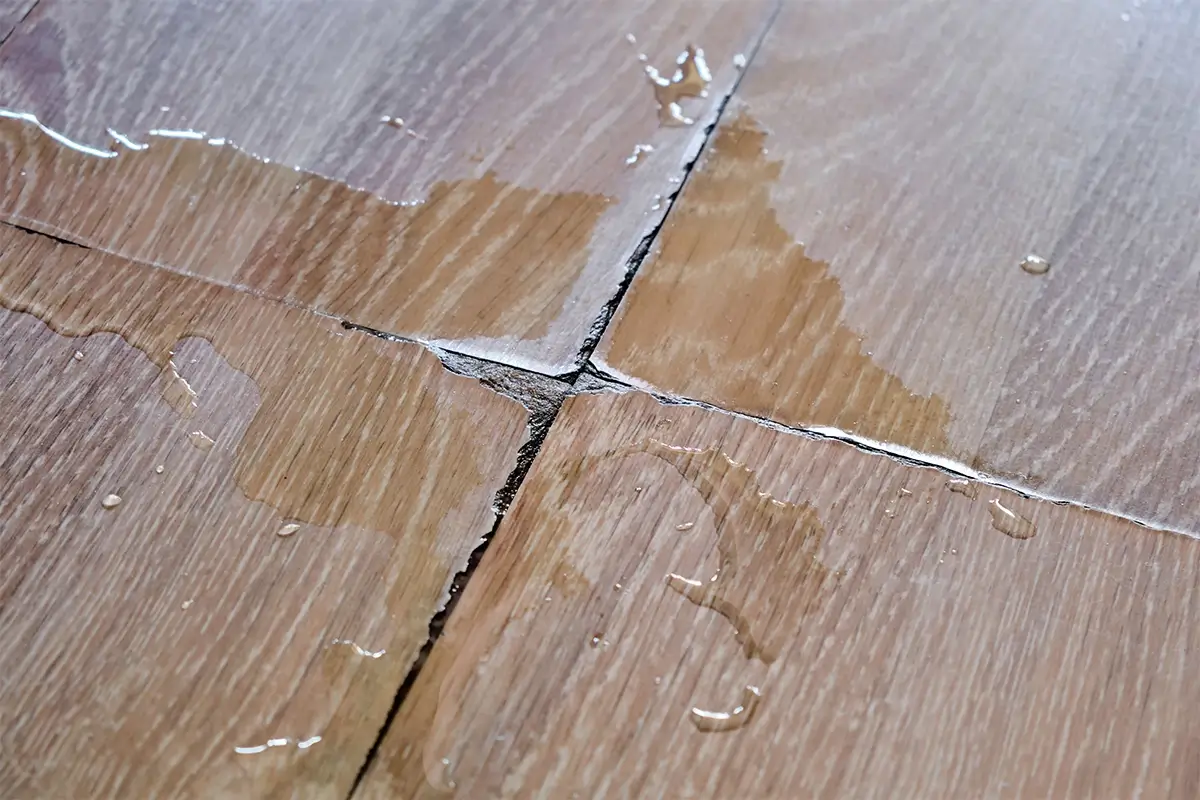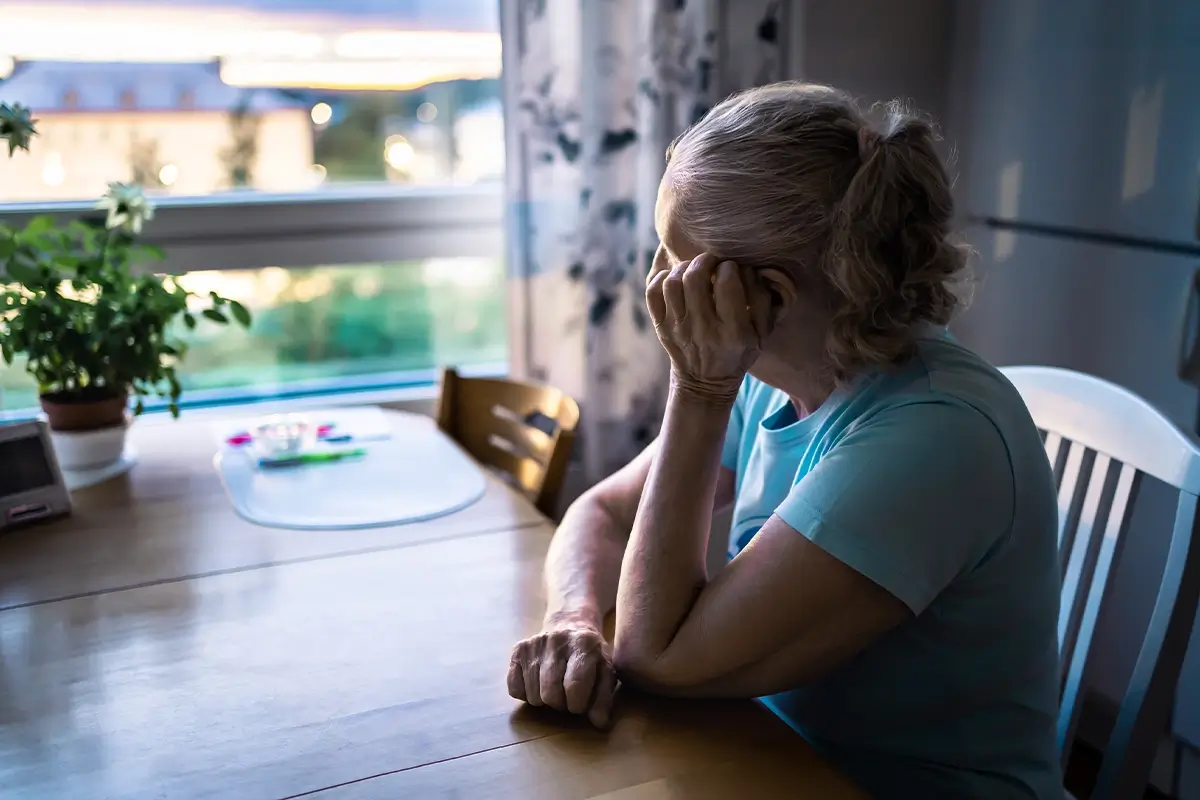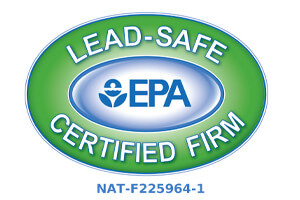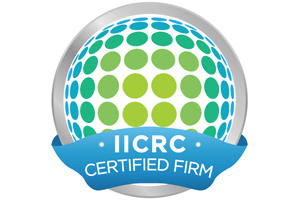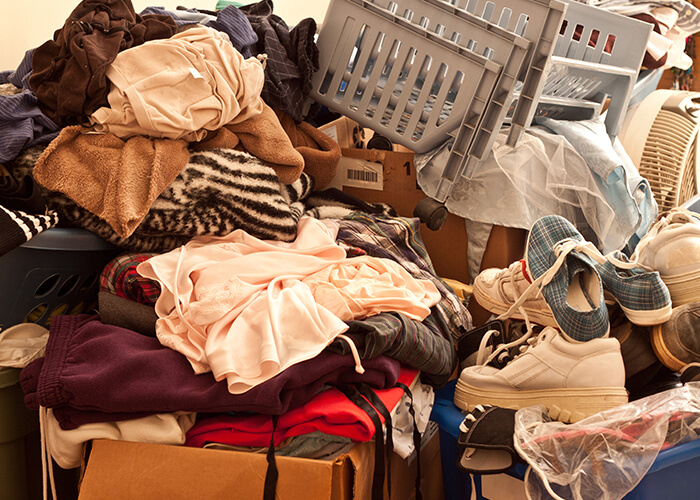
Risk Factors & Warning Signs Of Hoarding
While hoarding can occur in anyone without regard for race, age, sex, or economic status hundreds of cases of hoarding have been documented and compared to create a list of risk factors and warning signs for compulsive hoarding behavior:
- Family History – Genetics may play a role in hoarding disorder as it has been shown in many cases that sufferers have had one or more close relatives that suffered from the condition. It is still unclear exactly how strong this genetic bond may be or if it is a learned trait rather than a hereditary one.
- Early Warning Signs – Hoarding behavior often begins at adolescence and becomes more severe with age. Children and teens who are apt to collect broken objects, trash, or other items that may be considered junk is a strong warning that the individual may suffer from a more extreme condition later in life.
- Alcohol Dependence – About half of hoarding disorder sufferers have a history of dependence or abuse of alcoholic substances. It is not clear whether hoarding is a product of alcoholism itself or simply an indicator of a strongly addictive personality that is usually present in hoarders.
- Social Anxiety – Social anxiety and isolation can be both a warning sign of hoarding disorder and a result of the condition. It has been shown in several cases that hoarders have isolated themselves socially before the actual onset of the condition.
- Clutter Collecting – An obvious warning sign of hoarding is the collection of clutter and trash. Hoarders often have an inability to organize their homes and discard trash, leading to large masses of clutter that can later cover every square foot of their living space.
Another possible warning sign of hoarding is paranoia about personal possessions. Hoarders often feel uneasy, defensive, or even angry when someone else handles their property.
Triggers That May Cause Hoarding
Triggers for the onset of hoarding vary greatly and sometimes are not present at all. Hoarding behavior can begin without any notable event having caused it, making it difficult to create a conclusive theory as to what causes hoarding.
However, it has been documented that excessive stress and emotional trauma is often present shortly before the onset of the disorder. Highly depressed or anxious individuals may be at higher risk to begin compulsively hoarding.
Another commonality in hoarders are highly stressful life events, such as a divorce, death of a family member, or suffering from the destruction of a natural disaster. Events such as these are often very difficult to cope with, and it may be difficult to decide what to do with leftover items and be feel insecure about throwing things away.
Stopping Compulsive Hoarding Behavior
Though hoarding can be a very mysterious condition it is often treatable through psychiatric programs, antidepressant medicines, and family or peer support. These treatments can often be intense and difficult as hoarders are usually very intent on keeping their collections intact. However, with the right program and support network most hoarders respond very well to professional treatment and return to more normal life.
One of the keys to ensuring the success of any hoarding treatment program is to get rid of the hoarded items and clean the hoarder’s home. This can often be a traumatic experience for a hoarder, but the sudden return to reality is often highly effective.
However, health hazards such as rotting food, animal or vermin infestation, and other concerns should be noted. It may require the help of a professional sanitation crew to ensure the area is cleaned and sanitized safely and adequately.
BioteamAZ is Arizona’s #1 hazardous waste control and sanitation service. Whether you need help with hoarding cleanup in Tucson, Phoenix, or Scottsdale, contact us today, we’re always happy to help.
